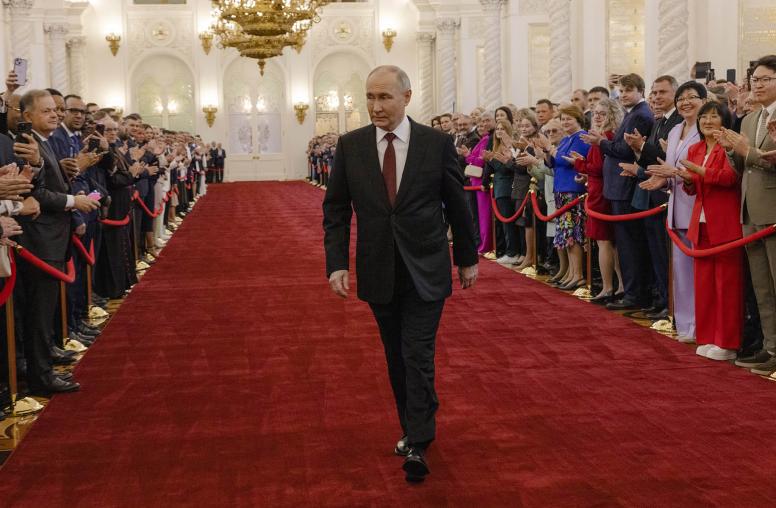Ukraine: The Legacy of Intolerance
Examines the complex history of the Ukrainian conflict, explores the contending claims of the different churches, and analyzes the prospects for resolution.
About the Author
David Little is senior scholar in the Institute's Religion, Ethics, and Human Rights Initiative. An expert in the fields of human rights and religion in international affairs, he established the Institute's working group on religion, ideology, and peace, which has been engaged in a multiyear study of religion, nationalism, and intolerance, with special reference to the United Nations Declaration on the Elimination of Intolerance and Discrimination. His books, Ukraine: The Legacy of Intolerance and Sri Lanka: The Invention of Enmity, are based on the findings of the working group. He has also written or co-authored numerous other publications, including Human Rights and the Conflict of Values: Western and Islamic Perspectives of Religious Liberty. Formerly professor of religious studies at the University of Virginia, Little has taught at Harvard and Yale Divinity Schools and at other academic institutions. He received his Th.D. from Harvard University.



